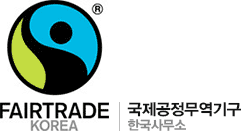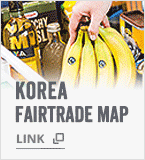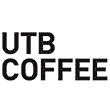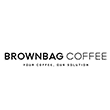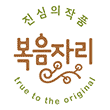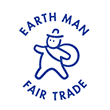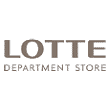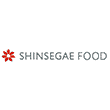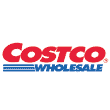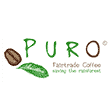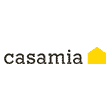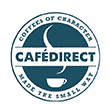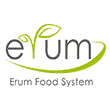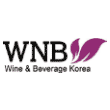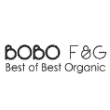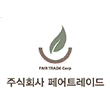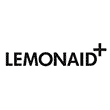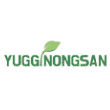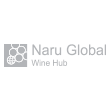- You are here :
- Home
- Farmers and Workers
- Sugar
Sugar
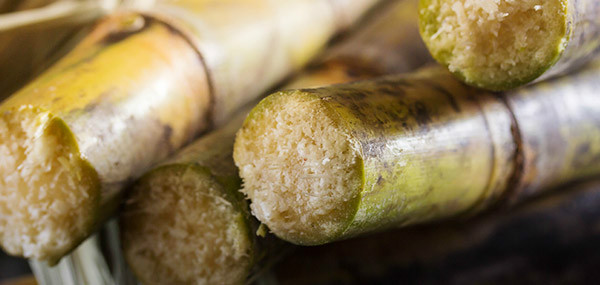
ABOUT SUGAR
Sugar is an integral part of diets and lives. When consumed in moderation, sugar can provide some of life's great pleasures.
Why smallholder cane farmers need support?
Around 80 per cent of the world’s sugar is derived from sugar cane, grown by millions of small-scale farmers and plantation workers in developing countries. Sugar cane is a tall, bamboo-like grass that grows to a height of 6m (20ft) and is largely grown in tropical countries. The remaining 20 per cent of the world’s sugar supply comes from sugar beet – a root crop resembling a large parsnip, grown mainly in the temperate zones in the North. In general, the costs of producing sugar from sugar cane are lower than for sugar beet.
The global sugar industry is vast and complex and smallholder farmers who need to sell their cane sugar often struggle to influence this trade. Traditionally, the international trade laws that govern sugar imports have made it difficult for smallholder farmers to access the more lucrative markets of Europe and North America. These force them into competition with more powerful, wealthy countries that have greater financial resources to dedicate to sugar production and greater political power to subsidise and promote their sugar industries.
The price that smallholder farmers receive for cane can fail to cover the costs they incur to produce it, leaving them in a debt trap and with little capital to reinvest in farms. This affects the entire community, as sugar cane farmers often rely heavily on their families for help, limiting people’s opportunities for education and perpetuating the cycle of poverty. This also means that cane producers do not receive the support they need in meeting the challenges of new market conditions, including access to funding to invest in improving productivity (such as fertiliser and transport), agricultural training, and new and improved technology. Read more about why smallholder sugar farmers need support.
How is Fairtrade making things better?
Fairtrade sugar was initially launched in several European markets in the late 1990s, followed by the UK in 2000, in order to improve the position of small-scale sugar cane growers and their dependent communities, which were being undervalued by the global sugar market. Through Fairtrade certification, and by working in partnership with sugar cane processors, sugar cane farmers can get improved access to international markets and develop the necessary business skills and technical capacity to be more competitive in the global market. Currently, 99 farmers’ organisations representing 62,700 smallholder cane farmers are part of Fairtrade certification for sugar. This includes farmers in extremely poor countries such as Malawi, Mozambique and Swaziland.
Unlike for many other products, there is no Fairtrade Minimum Price for sugar. A stakeholder review of the sugar standards in 2009 highlighted the complexities of price setting in the sugar sector – a sector that is characterised by structural differences in sugar supply chains, government-set prices and distortions caused by international trade regimes. The conclusion was that it would be more effective for sugar prices to be negotiated between producers and traders rather than through the minimum price mechanism. The main economic provision of Fairtrade Sugar Standards is the Fairtrade Premium of $60 per tonne of sugar ($80 per tonne for certified organic sugar) in addition to the negotiated price. In 2013-14, sugar farmers received approximately £7.8 million in Premium income. More than 50 per cent was invested in the running and improvement of their producer organisations, while 25 per cent was used to make direct payments to farmers, and 16 per cent used for other farmer services including provision of tools and inputs, farmer training and implementation of good agricultural practices.
Fairtrade’s support goes beyond individual farmer stories. For cane farmers at Manduvira co-operative in Paraguay, April 2014 was a milestone as they became the proud owners of a sugar mill ensuring that they are now able to capture more value from the sugar supply chains. This $15 million project was funded through a combination of national and international loans, contributions from the Fairtrade Premium, and the Fairtrade Access Fund.
Is the job done?
Many of the farmers we work with would like to sell more Fairtrade sugar, and there are still millions more we haven’t reached. Today, less than 1% of the world’s cane sugar is Fairtrade. Meanwhile, more and more companies are making commitments to source their sugar sustainably. They’re looking for ways to use it across their business, in all kinds of sweet treats and beverages. The Fairtrade Sugar Program enables sugar producers to work with these companies and access these great new opportunities, including Italian confectionery company Ferrero's plan to source 20,000 tonnes of Fairtrade cane sugar between 2016 and 2019.
Source Fairtrade sugar directly from Fairtrade producers. Click here to learn more
Download Sugar Profile